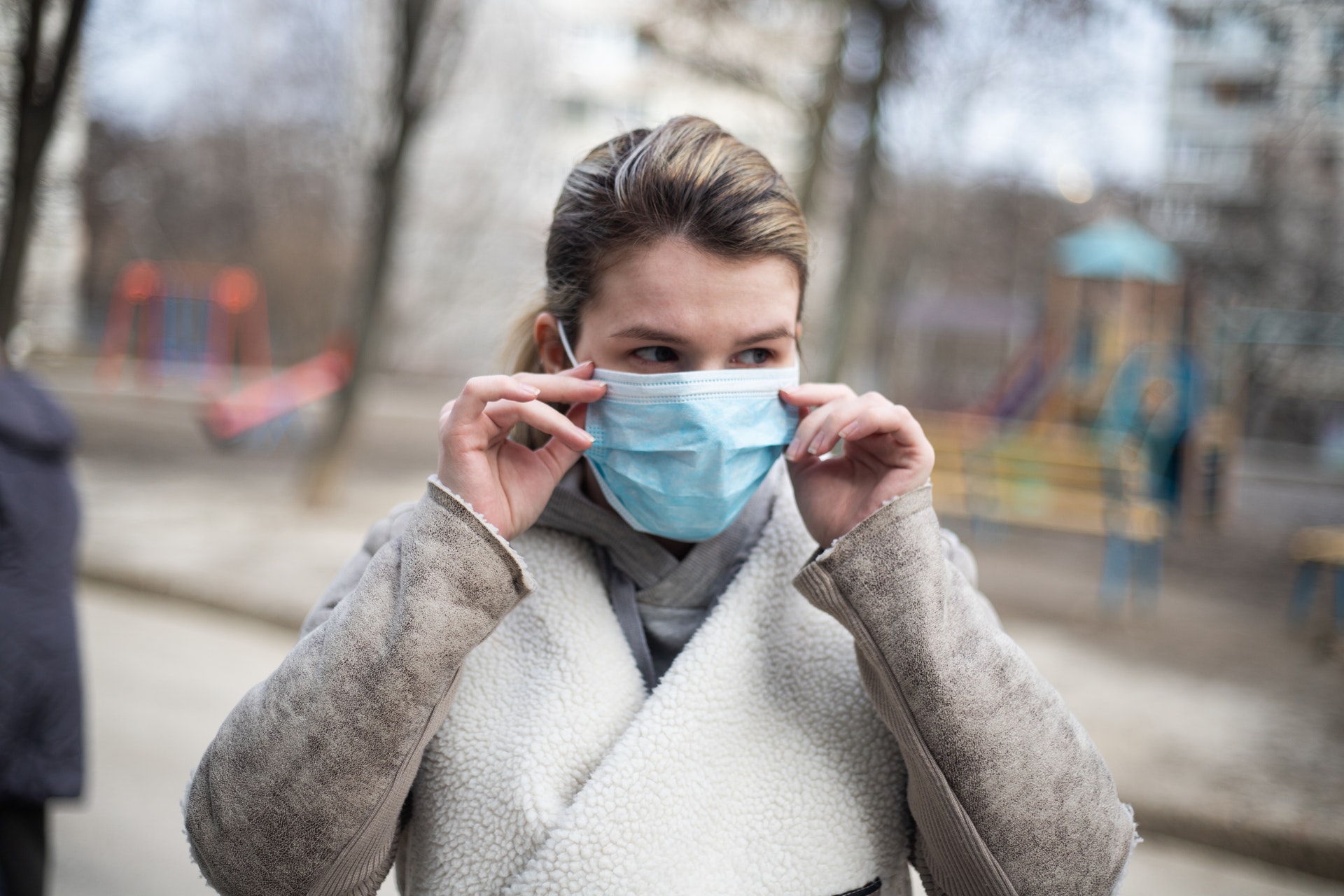

Click here to see all of PopSci’s COVID-19 coverage.
The US vaccination rate is keeping up at a clip of about 3 million doses given daily, and as of today, all Americans 16 and older are eligible to receive a shot. However, the rate of new daily infections remains high, at an average of about 60,000 new cases per day. Here are the latest COVID-19 updates.
Half of all US adults have now received at least one vaccine dose
With 12 days left to go in Biden’s first 100 days, the US crossed a major milestone on vaccine distribution: half the residents 18 and older have received at least one dose. Eighty percent of seniors have also received at least one shot, reflecting major strides for some of the most vulnerable populations.
[Related: How to tell seasonal allergies from COVID-19 symptoms]
Now that all Americans 16 and up are eligible, White House officials are strongly recommending that anyone who has not been vaccinated so far make an appointment as soon as possible, reminding folks that data shows the COVID-19 vaccines are effective in the real world and safe for use.
Updates on J&J pause expected by Friday
The Johnson and Johnson vaccine pause dominated COVID headlines this last week, after six reported cases of rare and severe blood clots caused the US Centers for Disease Control and Prevention to temporarily halt administration of the single-shot vaccine. By Friday, a decision on the status of the vaccine going forward is expected from the CDC’s Advisory Committee on Immunization Practices.
Dr. Anthony Fauci, director of the National Institute of Allergy and Infectious Diseases, said on Sunday that he expects the vaccine to return to clinics with some caveats.
“I don’t want to get ahead of the CDC and the FDA and the advisory committee, but I would imagine that what we will say is: that it would come back and it would come back in some sort of either warning or restriction,” he told CNN.
Biden establishes variant-tracking network
With an investment of $1.7 billion, the president is establishing a national network to identify and track emerging variants of COVID-19.
The plan takes a three-pronged approach to reaching this goal: sending extra funding to the CDC and state health departments to advance coronavirus gene mapping; establishing six “centers of excellence” in partnership with universities to research gene-based surveillance of pathogens; and the development of a better data system to track variants.
The initiative arrives on the heels of the B.1.1.7 variant, which originated in the UK and is now the dominant strain of COVID-19 in the US.
UK doctors will re-expose COVID-19 survivors to track reinfection
The duration of immunity to COVID-19 after infection is an outstanding question in the pandemic puzzle. University of Oxford doctors want to test this by embarking on a clinical trial to study deliberate reinfection in as many as 64 quarantined adults who have already recovered from one infection.
This study, known as a “human challenge” trial, is controversial due to the fact that it deliberately sickens healthy adults. The UK is the only country so far to conduct this type of study with COVID-19.
Chile’s rapid vaccination rollout shows first shot of Chinese vaccine offers little protection
The CoronaVac COVID-19 vaccine, developed by Chinese drugmaker Sinovac Biotech Ltd., has been promised to countries throughout the developing world. But evidence from Chile’s rapid rollout campaign shows that the first shot is not highly effective against the disease.
A study from the University of Chile shows that one shot of the Chinese vaccine is only 3 percent effective, while two doses offer 56.5 percent effectiveness.
After vaccinating 40 percent of the country’s population in the fastest effort after Israel and the US, respectively, Chile saw a sharp uptick in new cases in recent weeks. Experts are blaming the increase on more harmful strains, a relaxation of public health measures, increased mobility, and defiance of precautions like mask-wearing.
